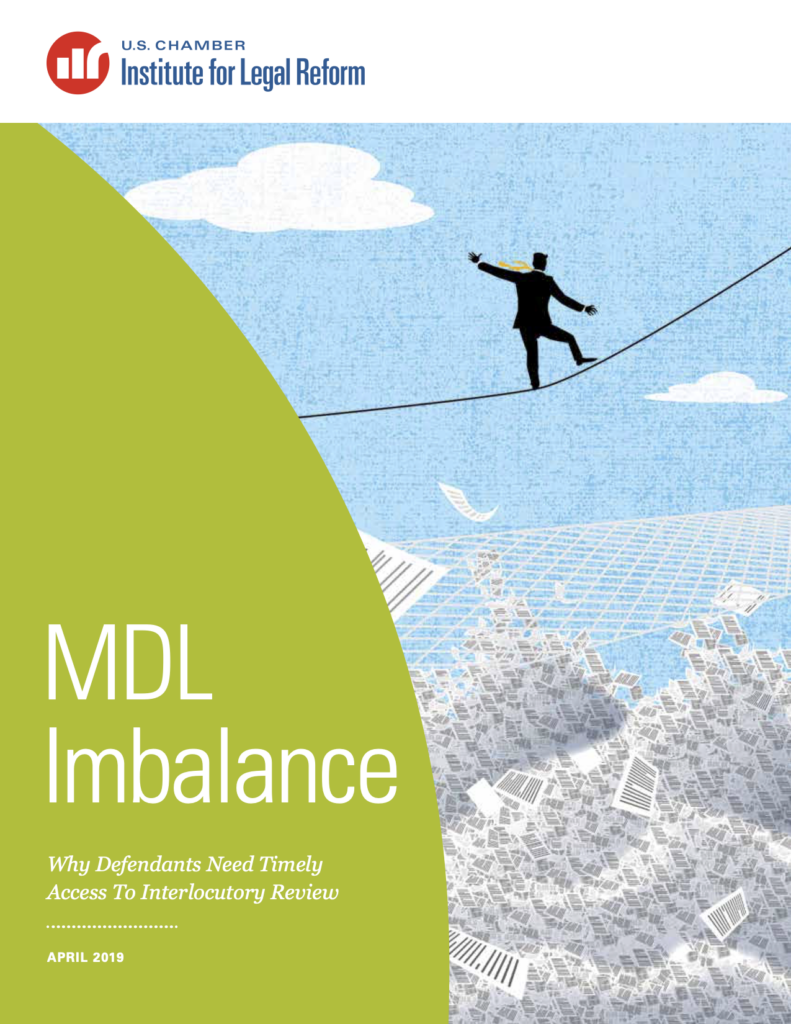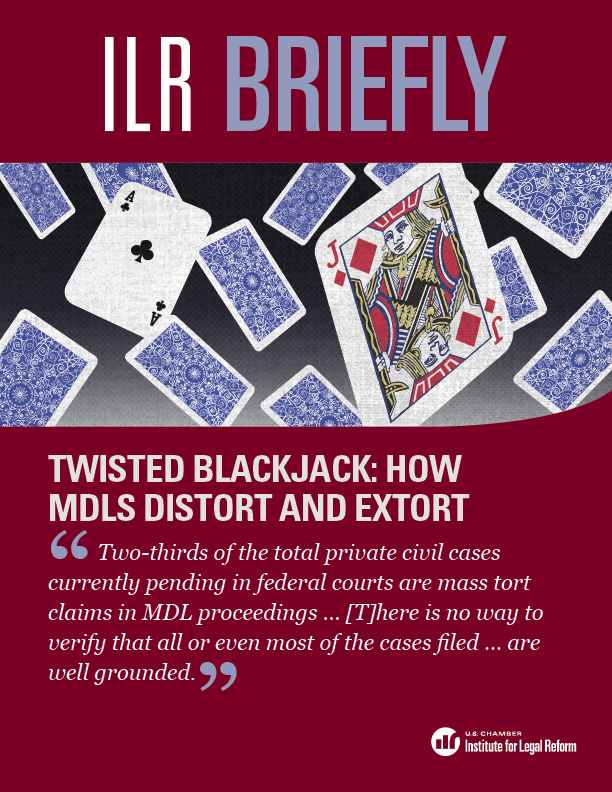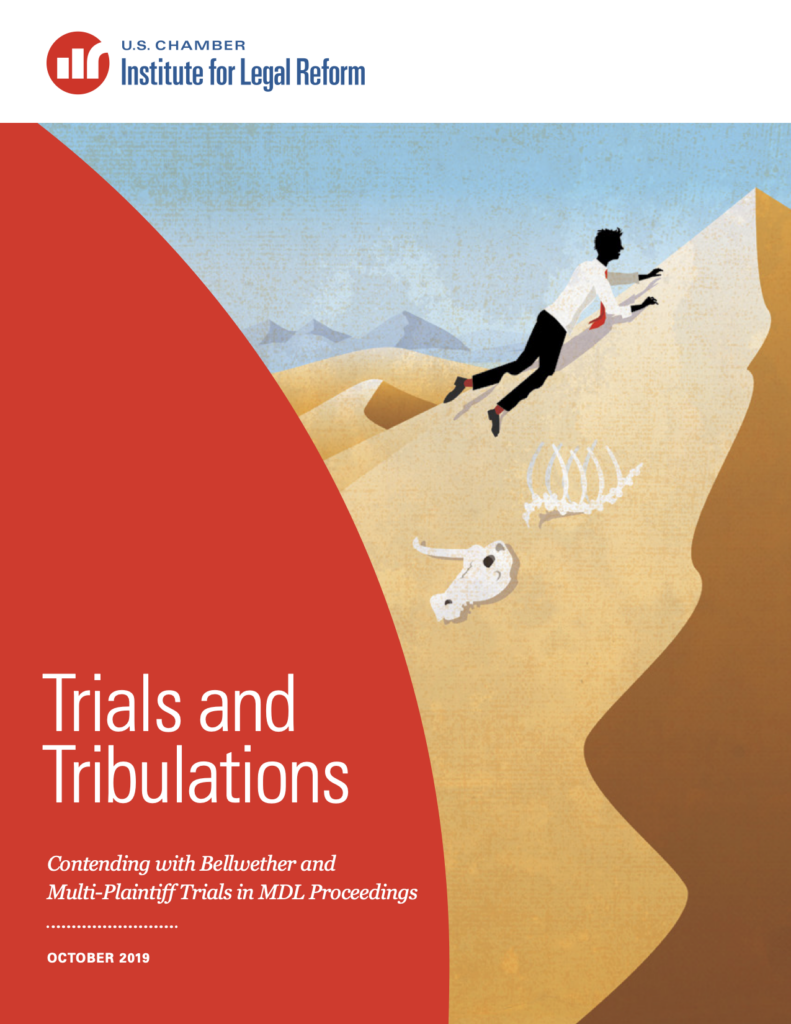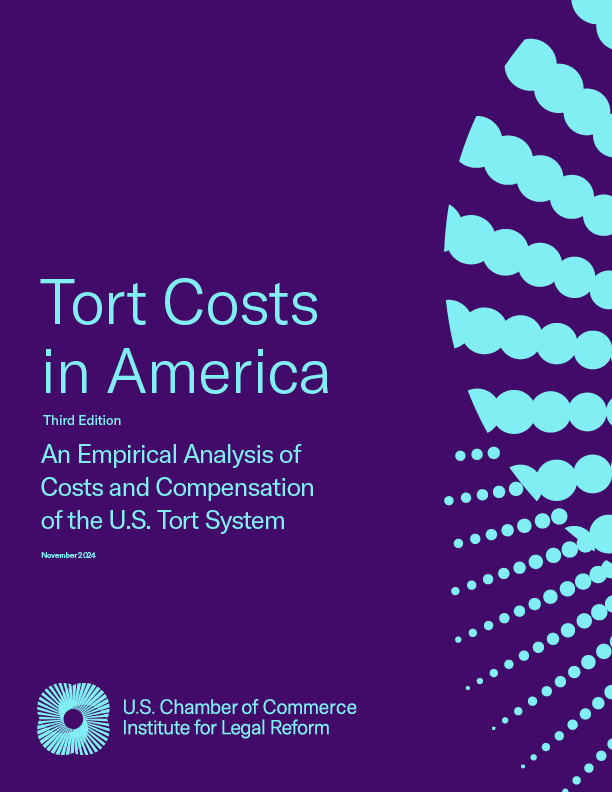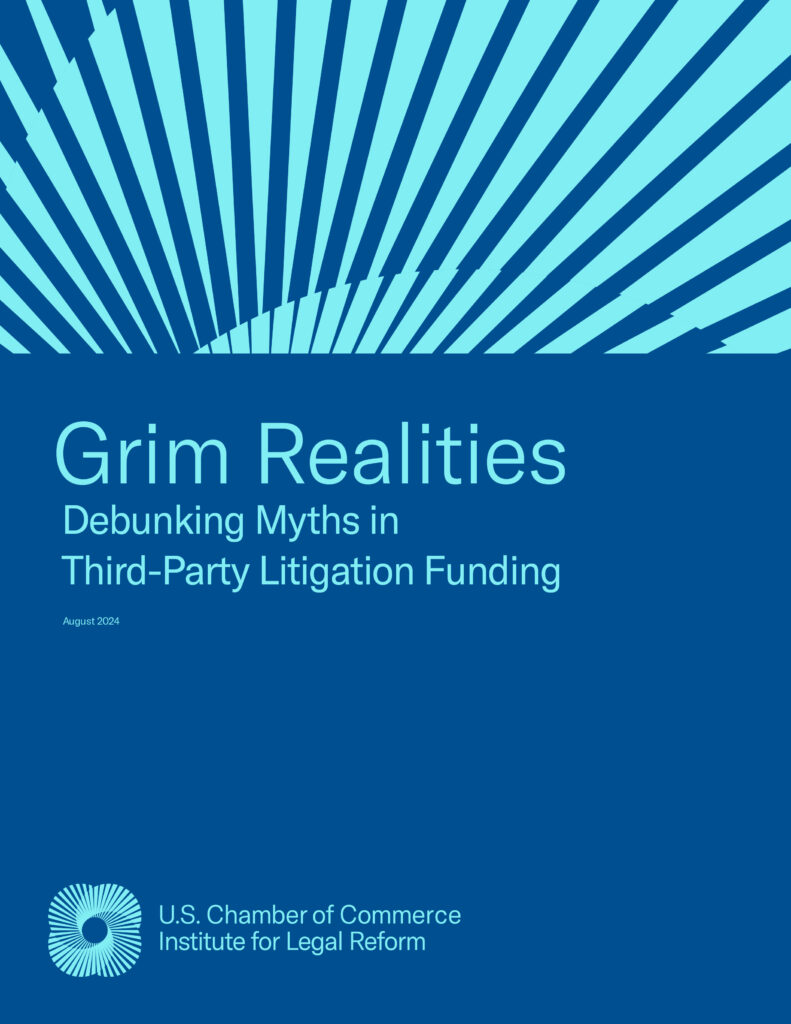ILR’s research discusses the introduction and implications of new Federal Rule of Civil Procedure 16.1, which aims to address one of the most important, long-standing problems in the multidistrict litigation (MDL) process: the lack of meaningful early vetting of claims. This is an especially urgent problem to solve because, as the federal courts report and as the paper points out, MDLs contained two thirds of federal civil cases as of year-end 2024, and MDL courts terminate over 97 percent of cases they receive, rather than returning them to their courts of origin. In other words, MDLs are a gigantic presence in America’s civil justice system, and their proper functioning is in the interest of every person who relies on that system.
Among other instructions, Rule 16.1, the first rule of civil procedure to explicitly address MDLs, directs the parties to the MDL to address how and when the parties will exchange information about the factual bases of their claims. ILR’s paper contends that MDL defendants should insist that Rule 16.1, properly understood and applied, requires plaintiffs’ firms to make early disclosures of basic verifying information about each of their cases, creating an opportunity to vet the legitimacy of claims before engaging in costly discovery processes or proceeding to further steps in the litigation. As the paper mentions, at least one MDL judge is applying the Rule this way, even before its entry into force on December 1, 2025. The paper goes on to explore how plaintiffs’ firms may seek to evade the requirements of Rule 16.1, and suggests ways to strengthen it further.
The Federal Rules Advisory Committee’s MDL Subcommittee estimates that it has been typical, prior to Rule 16.1, for 20 to 30 percent, and sometimes as much as 50 percent, of claims in mass tort MDLs to be marginal or frivolous. Rule 16.1, and the amendments to strengthen it that ILR proposes in this research, is a crucial step in the right direction to reduce that troubling percentage.
